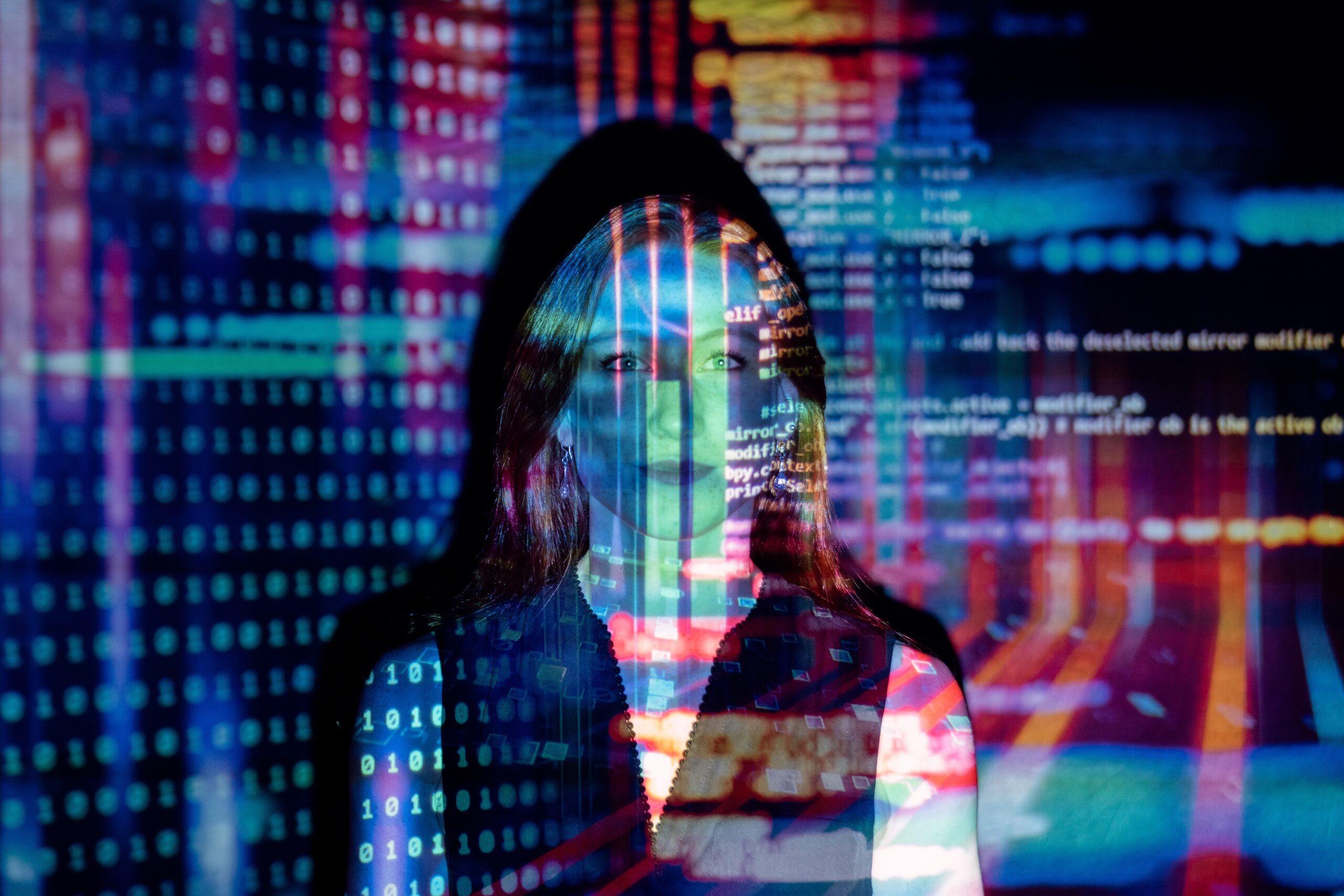Address
304 North Cardinal St.
Dorchester Center, MA 02124
Work Hours
Monday to Friday: 7AM - 7PM
Weekend: 10AM - 5PM

Introduction:
In recent years, the world has witnessed a revolutionary shift in the way organizations operate, thanks to the advent of blockchain technology and smart contracts. One of the most intriguing developments in this space is the rise of Decentralized Autonomous Organizations (DAOs). DAOs represent a new paradigm for organizational governance, leveraging the principles of decentralization, transparency, and autonomy. In this blog post, we’ll delve into the concept of DAOs, exploring their origins, functionalities, benefits, and potential impact on the future of governance and collaboration.
Understanding DAOs:
DAOs are entities that operate based on smart contracts and blockchain technology, removing the need for traditional hierarchical structures and central authorities. These organizations are designed to be fully transparent, decentralized, and autonomous, relying on the collective decision-making of their participants, often referred to as members or token holders.
Key Features of DAOs:
Benefits of DAOs:
Challenges and Risks:
While DAOs present exciting possibilities, they also face challenges and risks. Issues such as code vulnerabilities, legal uncertainties, and potential for manipulation by well-funded actors need to be addressed for wider adoption and success.
Conclusion:
Decentralized Autonomous Organizations represent a bold step towards a more democratic, transparent, and efficient way of organizing human collaboration. As the technology continues to evolve, and the challenges are addressed, DAOs have the potential to reshape the landscape of governance, finance, and beyond. Embracing the principles of decentralization, DAOs may well become a cornerstone in the foundation of the future of organizational structures.